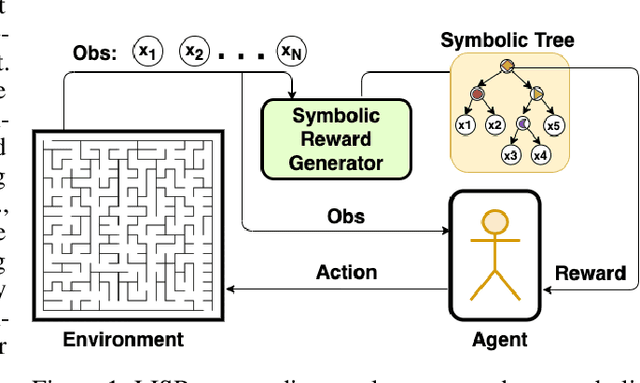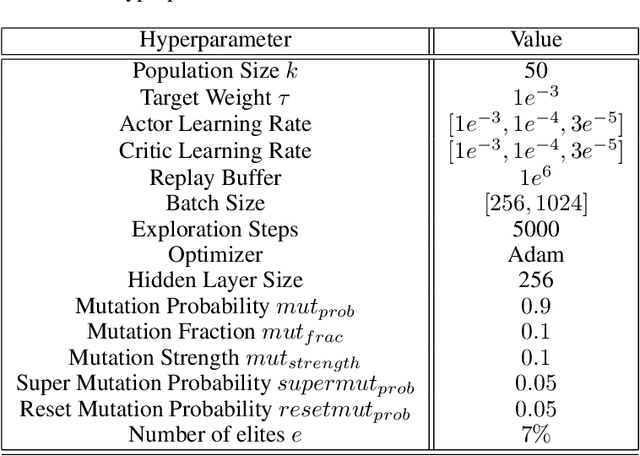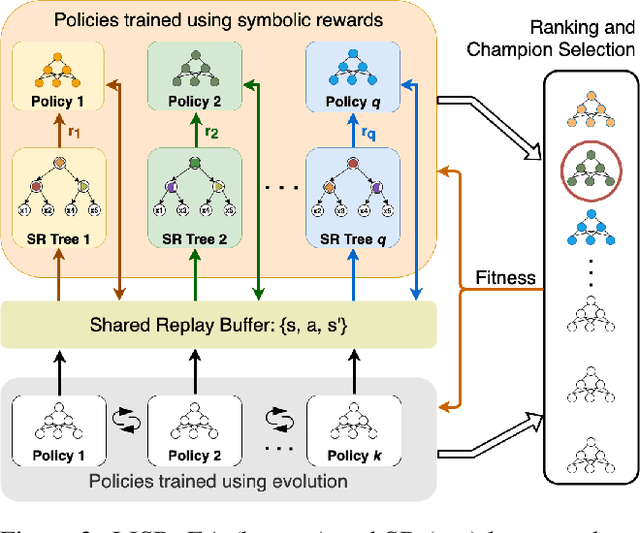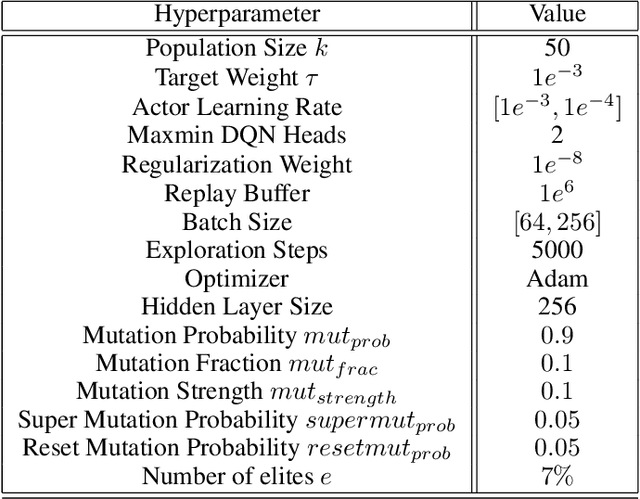Learning Intrinsic Symbolic Rewards in Reinforcement Learning
Paper and Code
Oct 09, 2020



Learning effective policies for sparse objectives is a key challenge in Deep Reinforcement Learning (RL). A common approach is to design task-related dense rewards to improve task learnability. While such rewards are easily interpreted, they rely on heuristics and domain expertise. Alternate approaches that train neural networks to discover dense surrogate rewards avoid heuristics, but are high-dimensional, black-box solutions offering little interpretability. In this paper, we present a method that discovers dense rewards in the form of low-dimensional symbolic trees - thus making them more tractable for analysis. The trees use simple functional operators to map an agent's observations to a scalar reward, which then supervises the policy gradient learning of a neural network policy. We test our method on continuous action spaces in Mujoco and discrete action spaces in Atari and Pygame environments. We show that the discovered dense rewards are an effective signal for an RL policy to solve the benchmark tasks. Notably, we significantly outperform a widely used, contemporary neural-network based reward-discovery algorithm in all environments considered.
 Add to Chrome
Add to Chrome Add to Firefox
Add to Firefox Add to Edge
Add to Edge